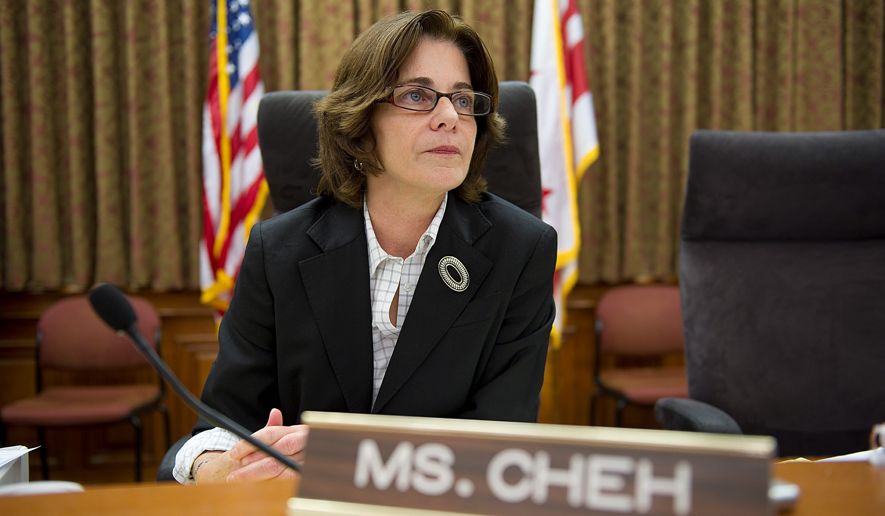D.C. Council Considers Ending Statute of Limitations for Prosecuting Sex Abuse
By Ryan M. McDermott
The D.C. Council is considering ending the statute of limitations for sexual abuse, which would align the District with more than 30 states that do not restrict the time for prosecuting such crimes. The Sexual Abuse Statute of Limitations Eliminations Amendment Act of 2017 would end time restraints on prosecuting charges of rape, child abuse and other sex-related felonies. “It’s extremely important that the District eliminate the statute of limitations on felony sex crimes — especially as it concerns the rape and sexual abuse of minors,” said council member Mary M. Cheh, the Ward 3 Democrat who introduced the legislation Tuesday. “Child victims are often persuaded or threatened to believe that reporting the crime will have dire consequences.” The District employs a 15-year statute of limitations for prosecuting charges of first- and second-degree sexual abuse. Its statute of limitations for first- and second-degree child sexual abuse is 15 years after the victim reaches age 21. A 10-year statute of limitations is applied for all other sex crimes, such as sex trafficking of children, incest, using a child to produce child pornography, and first- or second-degree sexual abuse of a secondary education student by a school authority. Such crimes cannot be prosecuted more than 10 years after the victim reaches age 21. It often takes victims years to come to terms with sexual abuse, said Ms. Cheh, a professor of constitutional law and criminal procedure at George Washington University. “Victims often feel guilt, shame and self-blame due to the stigma surrounding these crimes,” she said. “Given these realities, perpetrators of these egregious crimes should be held accountable for their actions without an expiration date.” More than 30 states have no criminal statute of limitations for at least the most egregious sex-related crimes, and some have no statute of limitations for any sexual abuse. Maryland and Virginia exempt all felony sexual assault and abuse crimes from statutes of limitations. The Rape, Abuse & Incest National Network reports that the national average of rape and sexual assault victims 12 and older is 321,500 a year. About 82 percent of all juvenile victims are female, and about 90 percent of adult rape victims are female. Females ages 16 to 19 are four times more likely than the general population to be victims of rape, attempted rape or sexual assault, according to the network’s statistics. “The statute of limitations on child sex abuse is too short for many victims, who often find the courage to speak out and confront their abuser or recover painful buried memories of abuse only after the statute of limitations has run out,” according to the victim advocacy group SOL Reform, which is run by professor Marci Hamilton of the Benjamin N. Cardozo School of Law in New York. Eliminating the sexual abuse statute of limitations serves the community at large by outing offenders who could repeat their crimes, SOL Reform says. “Predators generally have more than one victim,” the advocacy group says on its website. “Publicly identifying predators could have the dual benefit of bringing justice to victims and preventing future abuse by the same perpetrator.” When California reformed its statute of limitations, more than 300 previously unknown sex offenders were publicly exposed in the state and hundreds of previously unknown victims were able to come forward, according to SOL Reform statistics. Ms. Cheh said her measure is about more than putting sex offenders in jail. “It is time that we fix the law and properly support the victims of sex crimes,” she said.
|
.
Any original material on these pages is copyright © BishopAccountability.org 2004. Reproduce freely with attribution.
